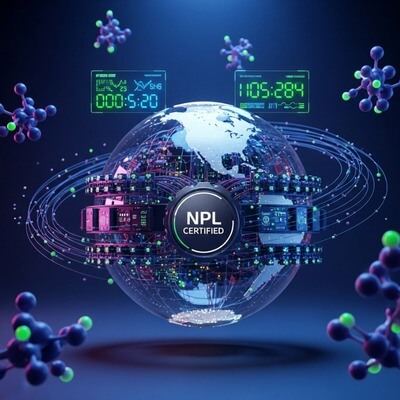
In a major move to improve air quality management and standardize pollution control technology, the Central Pollution Control Board (CPCB) in Delhi has launched a new registration process through the National Physical Laboratory (NPL).
The National Physical Laboratory (NPL), operating under the Council of Scientific and Industrial Research (CSIR), serves as India’s national standards laboratory. NPL is widely recognized for its expertise in precision testing, calibration, and measurement, ensuring that scientific and industrial processes adhere to rigorous standards.
By bringing NPL into the registration process, CPCB aims to introduce a technical verification layer in the APC industry. NPL will evaluate the design, manufacturing capacity, and testing protocols of manufacturers, effectively acting as a quality gatekeeper. The goal is simple but crucial: only well-equipped, technically sound manufacturers should supply systems designed to control industrial air pollution.
Over the years, industrial sectors across India have faced challenges with underperforming pollution control systems. Many bag filters, scrubbers, cyclones, and electrostatic precipitators (ESPs) installed in factories fail to meet efficiency standards, not due to poor operation but because of design or fabrication flaws.
Through the NPL registration mechanism, CPCB intends to:
The registration will be mandatory for:
Once the process is fully implemented, no manufacturer or supplier will be allowed to operate without a valid NPL registration.
While some may initially view this as another layer of regulation, the benefits are substantial:
Essentially, this is a quality assurance seal for the country’s pollution control ecosystem.
1. Application Submission: Manufacturers will fill out the prescribed NPL form.
2. Document Review: Details of facilities, production capacity, and design expertise will be verified.
3. Inspection & Evaluation: NPL experts conduct physical inspections.
4. Certification: Upon successful verification, CPCB will issue an NPL registration certificate.
Air pollution remains one of India’s toughest environmental challenges, especially around industrial zones. Despite large investments in pollution control, many systems fail to perform due to design or fabrication gaps.
The CPCB–NPL collaboration is meant to change that. By ensuring that every pollution control device is scientifically tested and registered, it builds a system of trust — for industries, regulators, and communities alike.
The NPL registration initiative is more than a regulatory formality — it represents a significant step toward standardized, transparent, and efficient environmental management.
For manufacturers, this is the right time to review systems, upgrade facilities, and prepare documentation. For regulators, it provides a verified ecosystem of credible manufacturers. And for India, it moves the country closer to a sustainable industrial future, where compliance, quality, and environmental responsibility go hand in hand.
By ensuring that pollution control systems are scientifically tested, verified, and reliable, India takes a concrete step toward cleaner air, safer industries, and a healthier environment for all.





We are the pioneers in offering environmental consulting services to our patrons, giving us the first mover advantage & keeping us ahead of our competitors.
Very experienced in filing, monitoring & submission of CDSCO Compliances, Drugs Manufacturing & sale guidelines, Environmental Impact Assessment, AERB consulting services, Pollution Control Board CTE & CTO Advisory Services, Waste Management Authorization from State Pollution Control Boards, Fertilizers & Insecticides Manufacturing, Wholesale & Import Compliances
